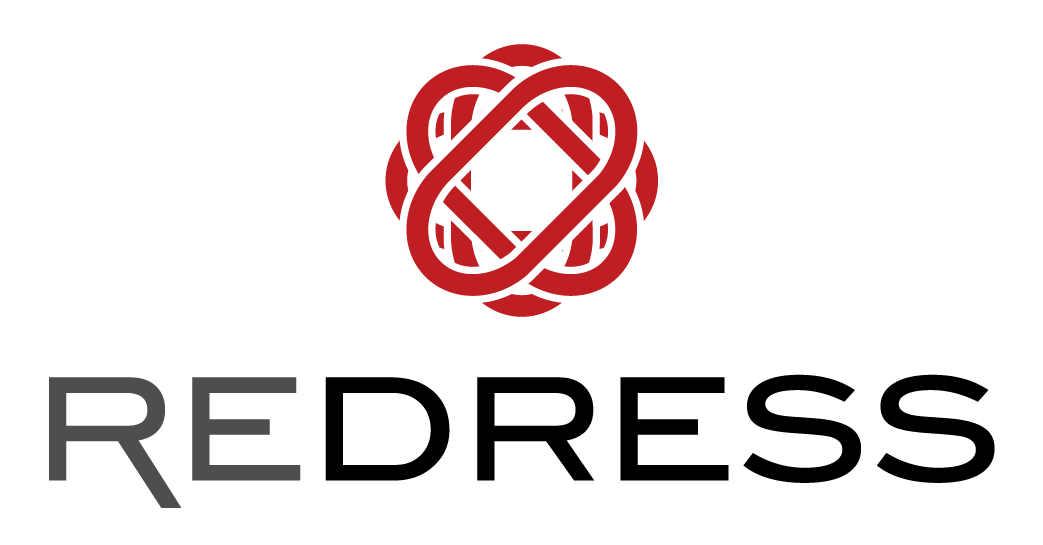To support our mission in educating emerging fashion designers to drive the change toward a circular fashion industry, over the past few months, Redress has been hosting educational experiences for Hong Kong students from all backgrounds to discover firsthand how the fashion industry operates, from fabric to finished product.
#1: A Fabric Journey: from Fibre to Finished Garment
We kicked off with the first educational experience on 19 November, designed to give students direct exposure to best practice knitwear manufacturing, showcasing the full supply chain journey from raw fibre to finished garment. Students visited UPW Yarn Mill, one of the world’s largest woollen yarn producers, and learned about sustainable yarn innovations, including eco-friendly fibre blends, traceable animal fibres, and water-saving initiatives like reverse osmosis wastewater treatment — all part of UPW’s commitment to a greener supply chain.
They also visited Dongguan’s Jiafa Fashion Co. Ltd, a key OEM manufacturer of woollen sweaters for international brands, where they observed how designs come to life on the factory floor — gaining hands-on insights into production planning, assembly, quality control, packaging, and logistics. Read more about this knowledge-packed day in the Hong Kong Polytechnic University’s sharing here!
#2: Denim Innovation: From Fibre to Finished Product
For the second experience held on 17 February, we brought students and local influencers to leading denim factories in Guangdong, China, operated by Crystal International Group Limited and Advance Denim. The tour allowed students to engage with industry leaders to learn about innovative techniques for sustainable denim production, discover groundbreaking sustainable practices that are reshaping the fashion industry, and see firsthand how leading denim manufacturers operate. Read more about it here!
#3: Testing & Retail Logistics
On 19 March, we hosted the third experience, focusing on retail logistics and product testing. Students visited HULA, a designer fashion consignment space, to explore the retail logistics of curated secondhand fashion, including inventory preparation, authentication, and operational workflows in a resale retail environment.
They also visited SGS Hong Kong, which offers one-stop tailored solutions for supply chains, to understand the importance of product testing for quality, durability, chemical compliance, and how these play a vital role in supporting circular fashion systems.
#4: Product End-of-Life
The fourth experience took place on 11 April, and was designed to give students a deeper understanding of what happens at the end of a garment’s life cycle and how it connects to circular fashion systems.
As part of this learning experience, students from the Hong Kong Polytechnic University’s School of Fashion and Textiles (PolyU SFT) visited the Redress warehouse in Kwai Chung for a clothes-sorting activity. Here, they gained hands-on exposure to how used clothing is sorted, categorised, and prepared for resale, redistribution to charities, and responsible downcycling, giving them a behind-the-scenes look at the first step in products’ end-of-life journey.
They then visited The Billie System, Novetex’s innovative recycling facility in Tai Po. Here, students observed how pre/post-consumer waste can be broken down and transformed into usable fibre and products through mechanical recycling processes, highlighting practical circular solutions for textile waste.
Through these educational experiences, participants were inspired to join the fight towards a more sustainable future for fashion. Together, we can make a difference!




